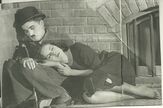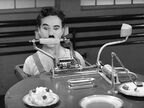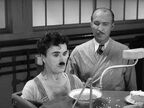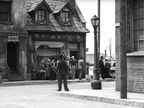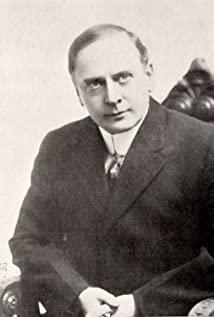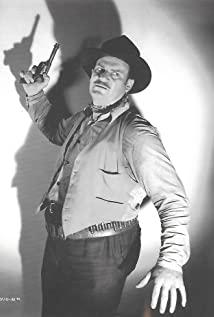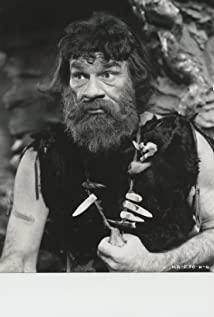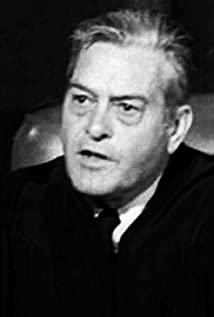In 1936's "Modern Times", factories closed one after another, during the Great Depression, factories laid off workers, and many workers lost their jobs. There is a contrast in the film, Charlie's life in prison is much better than life outside, which is intriguing.
The passage of time in the opening chapter symbolizes the passing of time by one minute and one second, just like the language in the film: the conflict between personal enterprise and human pursuit of happiness has an antagonistic relationship in reality, and the times have created such an ending.
During this period, for Charlie and other workers, the material conditions were extremely scarce, and the only source of funds was work, which was the only way to achieve a bright future. The fundamental purpose of a personal enterprise is to seek profit, and cost < profit is the ideal income. For this purpose, squeezing the surplus labor value of workers has become the best means.
The rice feeder was a wonderful product for this period. Charlie became a representative of countless workers, testing whether this great invention could be successfully applied to real life. But the machine malfunctions to reveal Chaplin's irony against absurd machines.
Then Charlie went crazy while working in the factory and wanted to destroy the factory equipment (Chaplin's dissatisfaction with the factory's oppression of workers)
Charlie went to a lunatic asylum after losing his job, and after being released from the hospital, he was mistaken for the leader of the uprising and put in prison. Among them, he accidentally ate white noodles and became unexpectedly heroic, able to distinguish between good and evil. The police thanked him and gave him comfortable living conditions.
Charlie's life in prison contrasts with his life in prison. In prison, through "unexpected actions", it has its own existence value and has a good relationship with the police. Outside the prison, Charlie doesn't get along well with his colleagues. He is kind and clumsy, both of which are underappreciated and hated in the context of this era. Outside, Charlie is not well-liked.
And the homeless child Pauline's family is poor and misfortune, and the law needs to take the responsibility of the orphans and take them away, and Pauline escapes, she longs for freedom.
Charlie was pardoned, but after leaving, he did not adapt to the outside world, and his personal value was not reflected. He wanted to go back to prison several times. But the moment he met Bao Lian, he decided to look for the future with the girl, and the two stayed close to each other.
For the first time, the two imagined the scene of having a good life, and with this faith, they worked hard to find a job so that they had enough money to realize their dreams.
The second time, the two have a house that truly belongs to them. Although it is very dilapidated, they still enjoy it.
The third time, both of them found jobs and saw the beautiful scene of the future, but the girl was about to be captured, and Charlie rescued Pauline, the two escaped, and the dream was broken again.
Ten years later, the two are still living happily. Although life is difficult, it is difficult to defeat them. They are still optimistic about their dreams and keep moving forward.
Life is cruel, but wanting to be knocked down is another matter.
View more about Modern Times reviews



